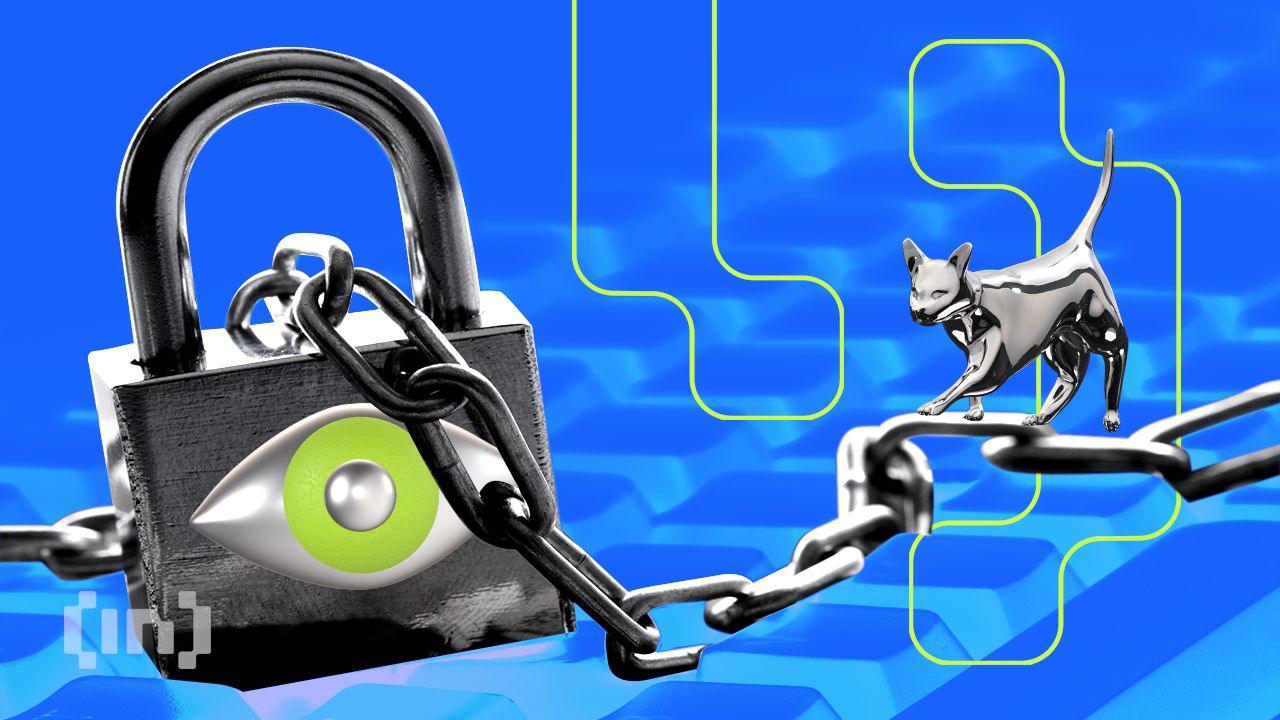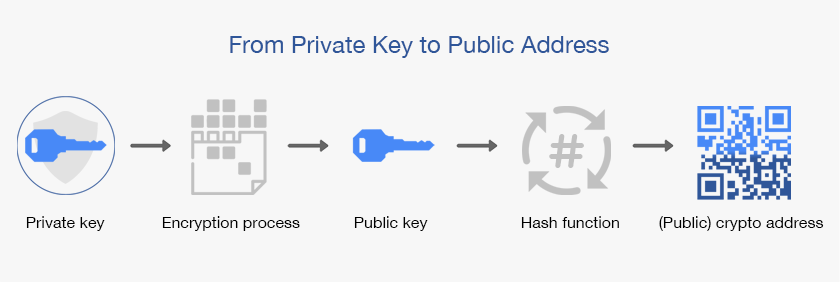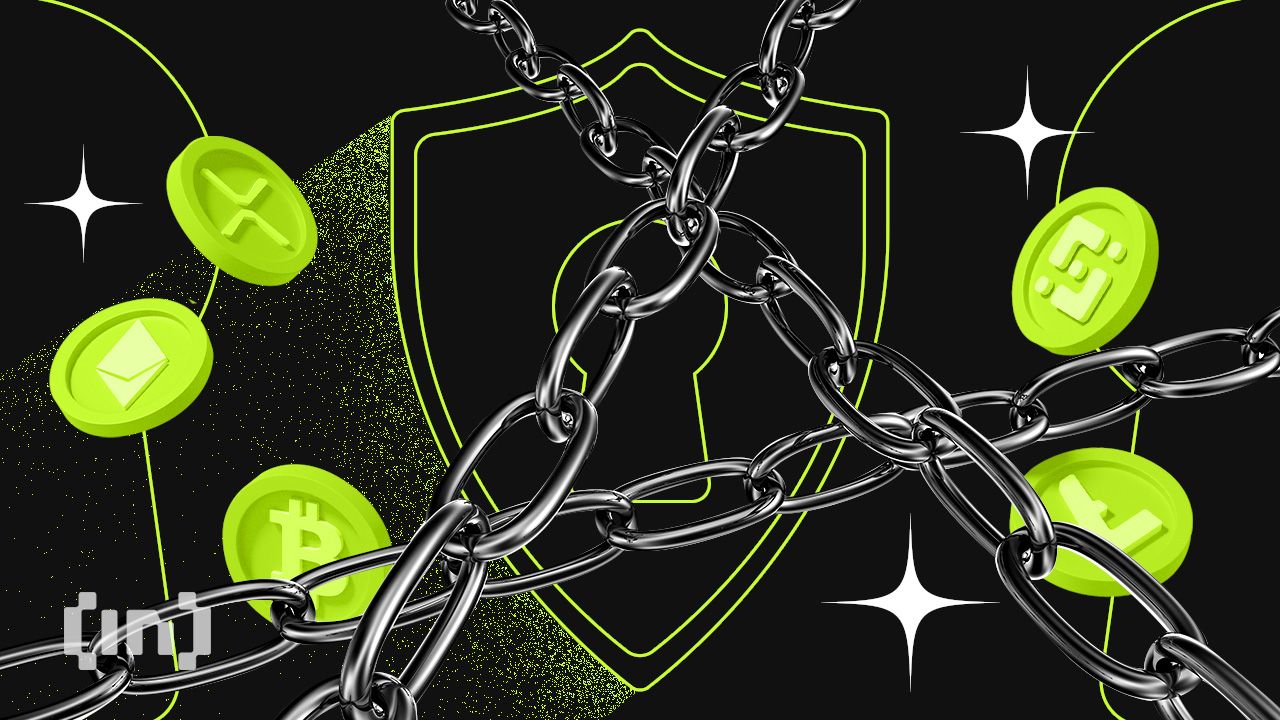Private keys are cryptographic codes that control access to your crypto wallets and funds. Losing or exposing your private key to malicious actors can lead to the irretrievable loss of your assets. This article explains the key concepts surrounding private keys and provides practical guidance on how to use them securely to protect your digital assets.
KEY TAKEAWAYS
• A private key is a unique, secret cryptographic code that controls access to your cryptocurrency.
• A public key is derived from the private key and is used to receive cryptocurrency transactions.
• Seed phrases act as backups for private keys and enable wallet recovery if the private key is lost.
• Losing your private key may result in the irretriviable loss of your crypto holding.
• Store your private key offline and securely; never share it or upload it online.
What is a private key?
All crypto wallets, whether hot, cold, custodial, or non-custodial, generate private keys. Importantly, your device, not the wallet manufacturer, generates this key to ensure security without relying on third parties.
A private key is a 256-bit code generated by your device. Its security relies mainly on its randomness, which is why attempting to create one manually would be futile.
Typically, a private key appears as a complex string of numbers, which is difficult to manage in everyday use. For example, a private key in decimal form might look like this:
Private key in decimal: 8,961,234,765,667,128,953,278,764,293,008,692,816
Other forms include:
- 256-character long binary code
- 64 digit hexadecimal code
- QR code
- Mnemonic phrase
Regardless of its format, this key is required to control and transfer your cryptocurrency. Due to its complexity, wallets generally offer user-friendly solutions for storage and management.
Your private key is a unique secret code validating wallet ownership and facilitating transactions. Losing this key means permanently losing access to your assets, as the blockchain is immutable.
Recovery seed
Wallets generate a recovery seed to simplify the process of storing or memorizing private keys. This recovery seed comprises 12 to 24 chosen words. Wallet providers select these words from a standardized list known as the BIP39-word list to ensure compatibility.

Here’s how the process works:
- It’s divided into groups of 11 binary digits.
- Each group is converted to a decimal number.
- The BIP39 word list finds the corresponding word for each decimal number.
- These words, in a specific order, become your recovery seed.
This recovery seed allows you to control your crypto holdings. If you have these words in the correct sequence, you gain control over your assets. Seed phrases can be either custom-made or randomly generated by the wallet itself.
Protecting your recovery seed
You should not store it online, take pictures of it, or upload it to the cloud. Malicious actors constantly scour the internet for exposed recovery seeds because gaining access to them means controlling your crypto assets. Therefore, it’s best to always store your recovery seed in a secure and offline location, away from potential threats.
Advantages and disadvantages of private keys
| Advantages of private Keys | Disadvantages of private Keys |
|---|---|
| Private keys offer increased security by using longer, more random sequences that resist breaches and attacks. | Insecure methods of transmitting encryption keys can expose critical data and increase the risk of unauthorized access. |
| They provide efficiency through symmetric encryption, which is both quick and reliable. | Managing multiple private keys can become complex, especially when separating data or assets, leading to potential security risks. |
| Private keys enable better performance with simpler encryption algorithms that allow for faster processing of large data blocks. | Private key encryption does not provide irreversible digital signatures, which can complicate situations involving disputes or uncertainties. |
| Symmetric encryption consumes fewer computing resources than public-key methods, making it more resource-efficient. | Proper management of encryption keys is essential to prevent loss, compromise, or unauthorized access. |
| Each communication pair has a unique key, which limits the impact of a breach and protects other communications even if one key is compromised. | |
| Private key encryption includes mechanisms like hashing that help detect any alterations or tampering during data transmission. |
How do they work?

Cryptocurrency transactions rely on digital keys and addresses to manage ownership and access to virtual tokens. While anyone can deposit bitcoin or other tokens into a public address, only the holder of the specific private key can retrieve them. Private keys typically appear as alphanumeric strings to simplify their use and protection.
Creating a public address is straightforward, but reversing the process to generate a private key from a public one is extremely challenging due to advanced encryption methods.
You can liken this concept to files locked with a unique key. Just as anyone can place items inside the safe, only the individual with the key can access its contents, emphasizing the importance of safeguarding the key to prevent unauthorized access.
The role of public keys
While private keys are essential for controlling bitcoin, public keys play a vital role in the cryptocurrency ecosystem. A public key is derived from the private key and is used to generate crypto addresses. These addresses are safe to share with others, as they only allow individuals to send crypto to you, not take it.
A crypto address is what you provide to others to receive cryptocurrency. It can be displayed as a QR code for easy scanning. Each address is tied to a public key, and the blockchain records the associated asset transactions.
Public keys vs. private keys
Private keys and public keys perform very different functions. Both are necessary to ensure crypto transactions are conducted securely. These keys usually take the form of lengthy strings of alphanumeric characters. They are cryptographically linked, so any transaction encrypted by a public key can only be decrypted using its corresponding private key.
This encryption method is known as “asymmetric-key cryptography”.
Additionally, public keys play the role of facilitating incoming transactions into your wallet. In contrast, private keys act as gatekeepers, verifying these transactions and confirming your ownership of a specific wallet address.
Public keys are typically shared openly, but private keys must be safeguarded as top-secret information.
Generating a private key
Mobile and desktop wallets typically automate the generation of a private key, but they may offer the choice to create a wallet with your own private key manually.

However, if you want to generate one for heightened assurance, you can use the secrets module in Python to generate a private key. This key generation method is highly secure and difficult to replicate, even with access to the same computer.
Additionally, you can use a commonly known algorithm called RSA or Rivest–Shamir–Adleman. The private key represents two large prime numbers generated in the algorithm, and the product of these prime numbers is then used to generate the public key.
Additionally, you can use sites, including random.org and bitaddress.org, a service for generating random bytes to create private keys.
How do you store a private key?
Much like locking valuable documents in a secure safe, it’s important to prioritize the protection of your private keys. These keys should be stored securely in an offline location. There are several methods to achieve this; some investors store their private keys on an offline computer, inscribe them on physical paper, or commit them to memory.
“Backup your seed phrase: Write down your recovery seed phrase on a physical piece of paper and store it in a secure location. This is crucial for wallet recovery if you ever lose access.”
@Eddynathy2: Twitter
For casual traders, a software wallet may suffice. However, it is advisable to store the majority of your crypto in cold wallet and only keep a portion in a hot wallet for trading.
A hardware wallet is crucial for anyone entrenched in the cryptocurrency ecosystem, for example, someone who actively participates in mining operations or has a significant financial stake in the crypto market.
Examples include both Ledge and Trezor wallets. These devices resemble flash drives and employ mnemonic phrases or seed words to generate private and public keys.
Protecting your private key
Protecting your wallet’s private keys is essential for protecting your crypto stash. To achieve this, follow key protection best practices like creating strong passwords, using two-factor authentication, and regularly backing up wallet data.
Did you know: You can also use random passphrases, also known as seed extensions or extension phrases, to provide an extra layer of security. These passphrases function as a form of two-factor authentication and must be entered each time you access your wallet.
Furthermore, ensure physical and digital security, update software, and encrypt your device’s hard drive. Consider multi-signature wallets, dedicated hardware devices, and hardware security modules for advanced security.
For recovery and contingency planning, devise a documented process, inform trusted parties, and routinely update for evolving security measures and assets. Remember to stay vigilant and prepared for uncertainties in the crypto space.
What do you do if you lose your private key?
Losing your private key can have profound consequences. Since no centralized entities hold a copy of your private key or can help you retrieve it, regaining access to your funds after losing the key becomes virtually impossible.
Therefore, the responsibility for securing and managing your private key falls squarely on your shoulders.
The role of private keys in crypto security
Private keys play a primary role in bolstering the security of crypto networks. They are the exclusive means to authorize withdrawals and transactions, making them indispensable for cryptocurrency users. Conversely, compromising one’s private key places one’s digital assets at a heightened risk of malicious appropriation.
Hence, ensure that you follow the private key best practices highlighted in this article, including keeping your key offline and avoiding any online exposure

